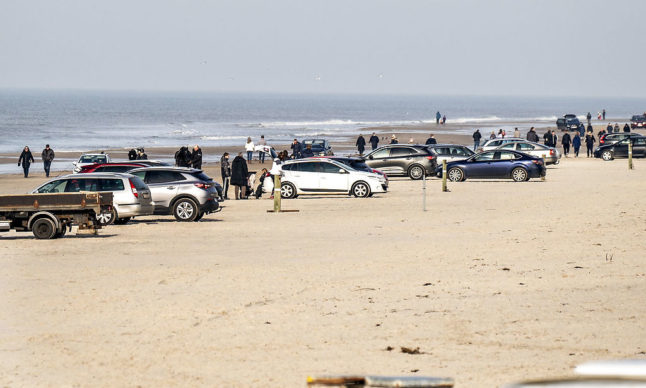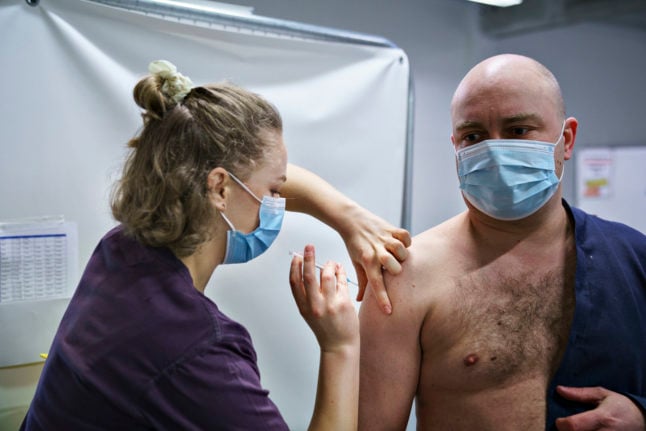As the first easing of Covid-19 restrictions were announced last Wednesday, one thing that was also mentioned was the spring weather.
“If we get a mild spring, and if it means that people are outside more, and if that has a positive effect on the number of infections, then with the understanding we have with the parties, of course there will be more things opening,” said Health Minister Magnus Heuncike.
Allan Randrup Thomsen, professor of experimental virology also told DR this week that “we can hope for an early spring that can hopefully put a damper on the epidemic”.
But meteorologist Mette Tilgaard Zhang from the Danish Meteorological Institute (DMI), has warned that we shouldn’t immediately count on extra help from the weather against the coronavirus infection.
“No, I do not think so immediately,” she told DR News. Although the end of February has been unusually warm, we are now heading for a “Danish standard spring,” according to her long-term forecast for March.
The reason weather is so important to the pandemic is that researchers agree that viral diseases – such as corona or influenza – have an easier time spreading in the cold. Why is more uncertain.
“We are not yet fully aware of this,” epidemiologist and senior researcher Steen Ethelberg from the Statens Serum Institut told DR News.
“There have been various theories, including that it is our immune system that is not so good in winter. But what is most believed is that it is a combination of partly some properties of the virus and partly the difference in how we behave in the winter and summer period, respectively”, he explained to DR.
“It is the case that we understand more and more, especially through the study of influenza, that these viral diseases are not so happy with heat and humidity”, added Steen Ethelberg.
“There is something about the fact that these virus particles do not infect as much when they are exposed to water. If there is a lot of water vapour in the air, then they do not work so well”, he said, comparing it to the particles first having to go through a “wall” of water vapour that damages and inhibits them.
But it is still difficult to say whether a warm March would significantly slow down coronavirus infections. The effect of the Spring weather has therefore not been included in calculations submitted to the government.
According to Mette Tilgaard Zhang, the heat of recent days has been quite unusual and does not necessarily mean a warm March is ahead.
“That it went from so cold to so hot in such a short time. It’s not something you see so often.
“Now more normal conditions are on the way with the prospect of falling temperatures in the coming week,” she told DR.
“It is typically late winter and early spring weather: Anything can happen.”
But as vaccinations continue to be rolled out, it is hoped that the easing of restrictions can continue, whatever the weather.
Speaking at a vaccination centre on Friday, Prime Minister Mette Frederiksen said,
“Hopefully in the middle of May we are at a place where we have much more open in Denmark than now.”
READ ALSO: Denmark announces easing of Covid-19 restrictions: Limited opening of schools and shops



 Please whitelist us to continue reading.
Please whitelist us to continue reading.
Member comments